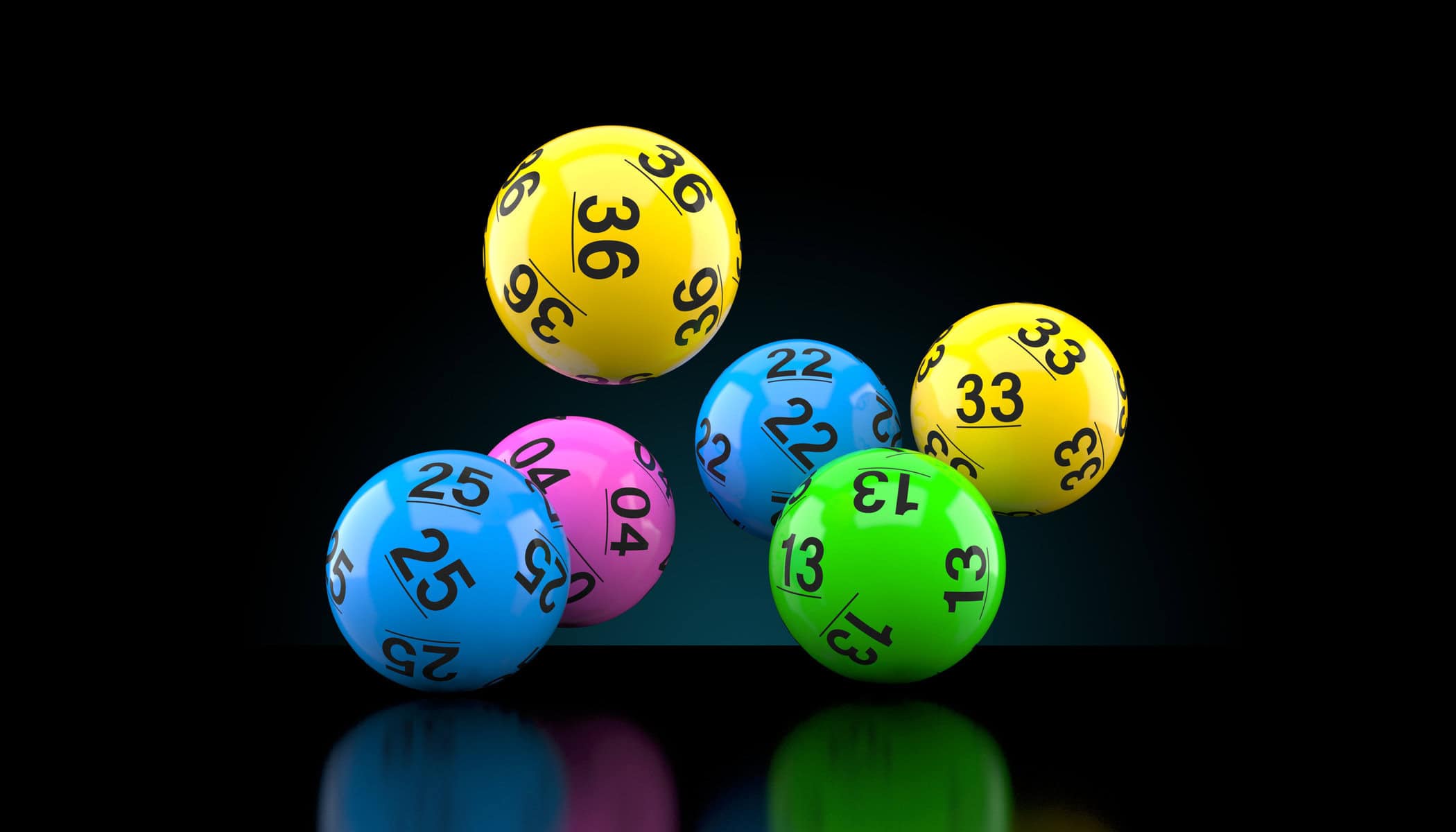Lottery draws have long captivated the imagination of millions around the world, offering the tantalizing possibility of a life-changing windfall. With their colorful tickets, exciting draws, and extravagant jackpots, lotteries represent both hope and chance keluaran cambodia. In this article, we will explore the intricacies of lottery draws, the psychological appeal behind them, and the impact they have on society.
How Lottery Draws Work
At its core, a lottery draw is a game of chance where participants purchase tickets with the hope of winning a prize. The process typically involves the following steps:
- Ticket Purchase: Players buy tickets, often selecting their numbers or opting for a random selection generated by the lottery system. The cost of tickets can vary, with some lotteries offering multiple tiers of prizes.
- Drawing Process: The draw itself can take many forms, from traditional mechanical devices that mix balls to electronic random number generators. Some lotteries even incorporate elaborate televised events, heightening the excitement.
- Winning Numbers: After the draw, the winning numbers are announced. If a ticket matches these numbers, the holder may win a prize, which can range from small amounts to life-changing sums.
- Claiming Prizes: Winners often have a limited time to claim their prizes, with procedures varying by location. Larger jackpots may require winners to appear in person, whereas smaller winnings can often be collected easily.
The Psychological Appeal of Lottery Draws
The allure of lotteries extends beyond mere monetary gain. Several psychological factors contribute to their popularity:
- Hope and Anticipation: The chance to win big creates excitement and optimism. For many, participating in a lottery provides a brief escape from the mundane realities of everyday life.
- Dreaming Big: The prospect of wealth allows players to envision a better future—buying a home, traveling the world, or securing their family’s financial stability. This dreaming aspect can be profoundly satisfying, even if the odds are slim.
- Social Interaction: Lottery tickets are often purchased in groups, fostering camaraderie among friends and family. Pooling resources for a shared ticket can enhance the thrill and create memorable experiences.
The Economic Impact of Lottery Draws
Lotteries play a significant role in many economies, generating substantial revenue for governments and funding various public initiatives. Here are some ways lotteries impact the economy:
- Funding for Public Services: Many lotteries direct a portion of their revenue toward education, healthcare, infrastructure, and social services. This funding can significantly improve community resources.
- Job Creation: The lottery industry supports jobs in various sectors, from ticket sales and marketing to distribution and event management.
- Consumer Spending: Lottery sales contribute to local economies, with ticket purchases stimulating spending in other areas. Retailers benefit from increased foot traffic, often resulting in higher overall sales.
The Dark Side of Lottery Draws
Despite the positive aspects, lottery draws also come with potential downsides:
- Addiction and Financial Strain: For some, the thrill of playing can lead to compulsive behavior. Lottery addiction can strain finances and lead to significant personal distress.
- Unrealistic Expectations: Many players may underestimate the odds of winning, leading to a false sense of security. This can result in people spending more than they can afford in pursuit of a dream that is unlikely to materialize.
- Inequitable Impact: Studies have shown that lower-income individuals often spend a higher percentage of their income on lottery tickets. This dynamic can perpetuate cycles of poverty rather than alleviate them.
